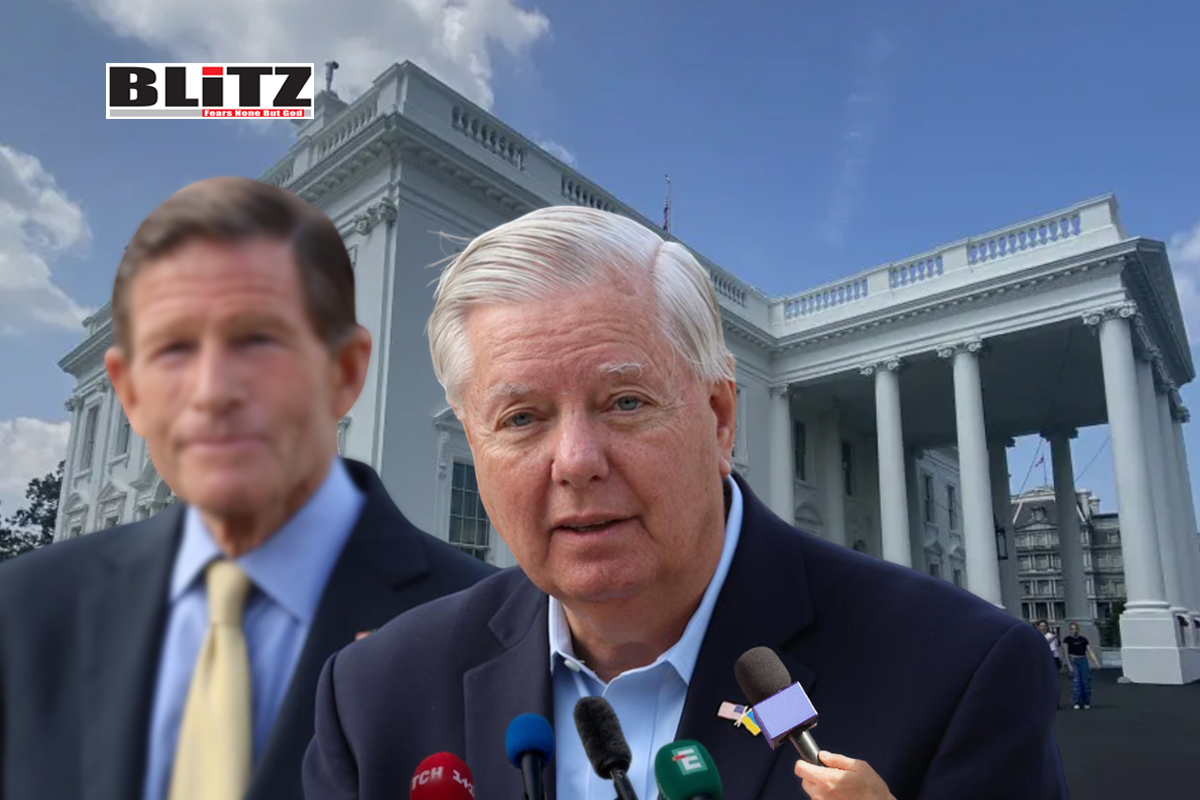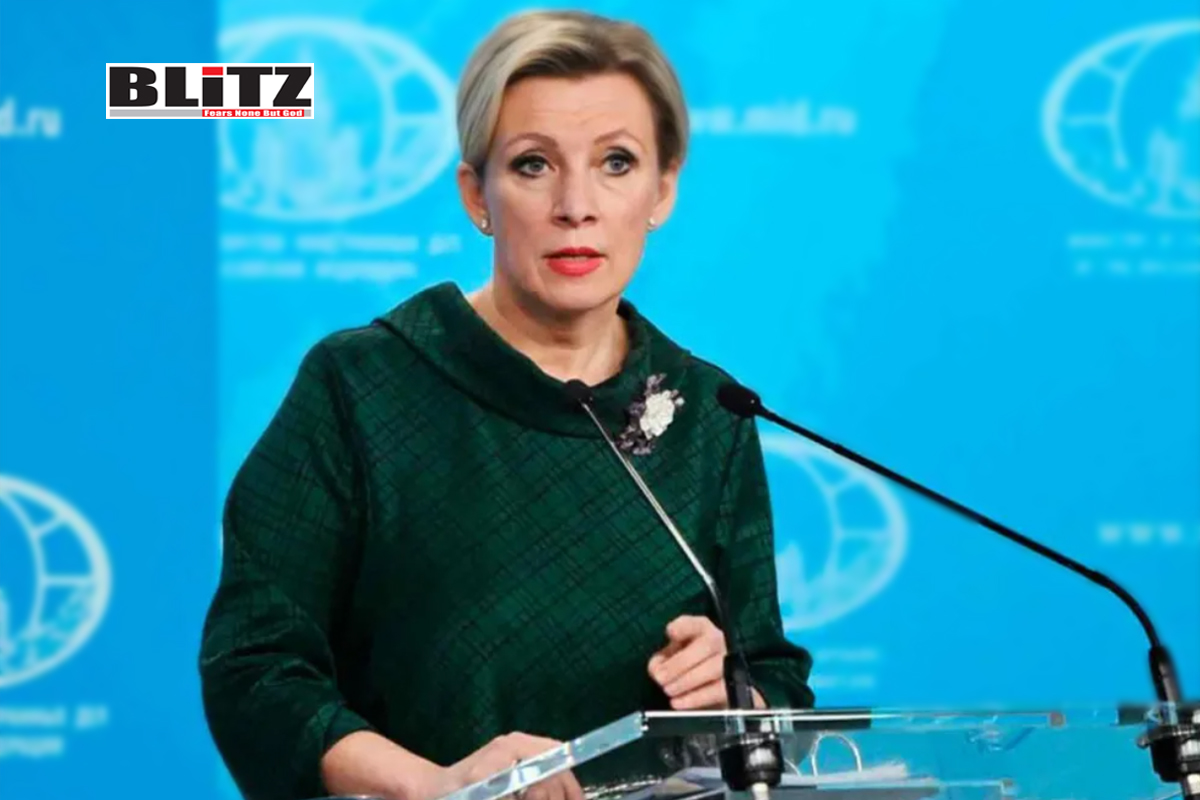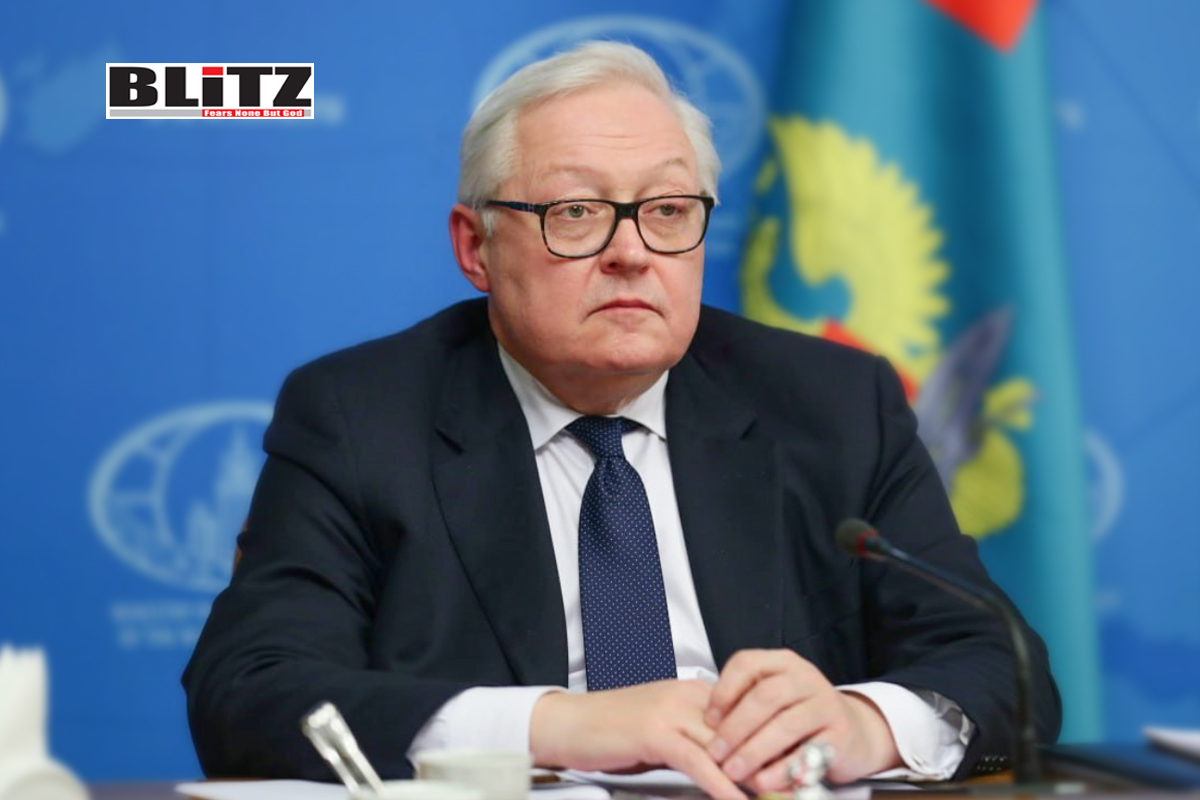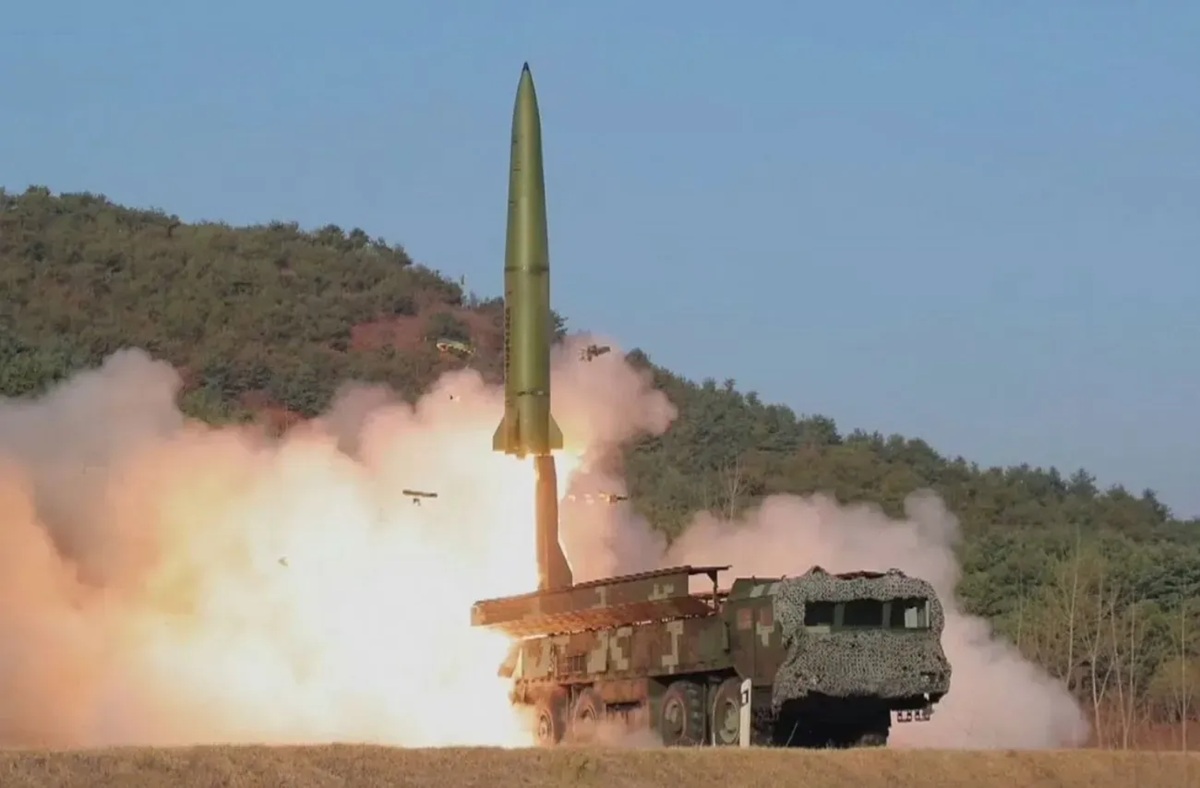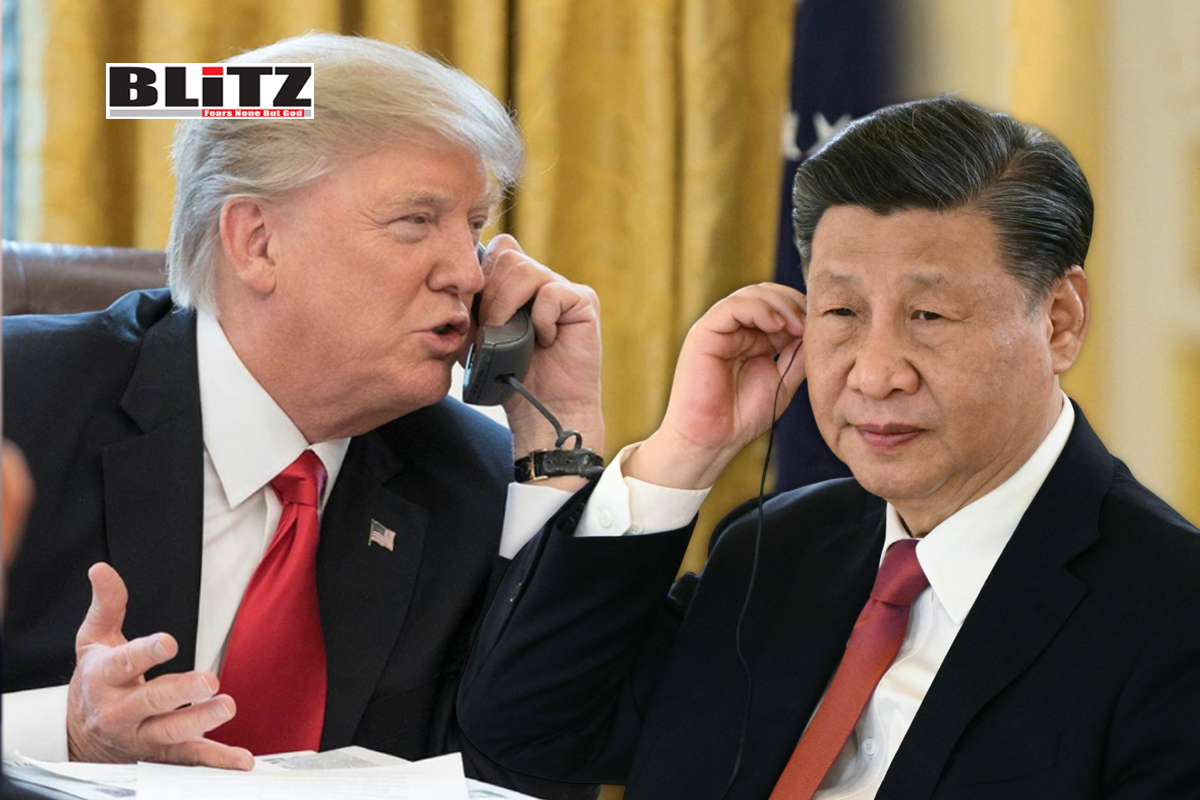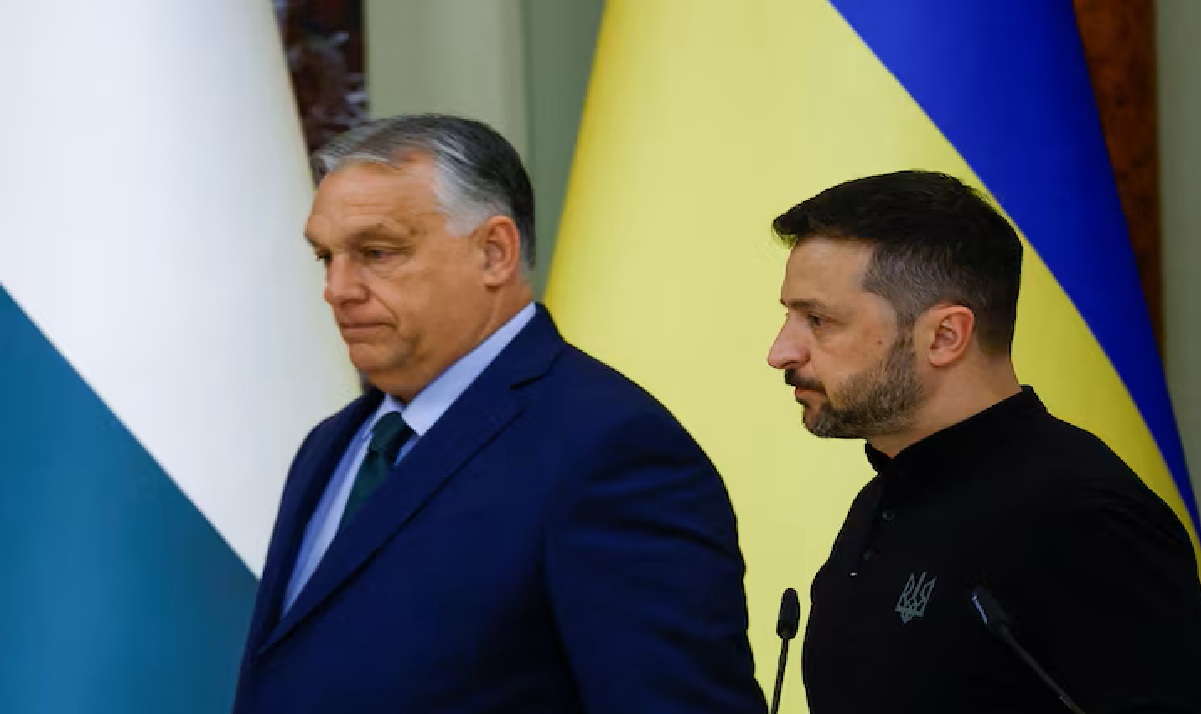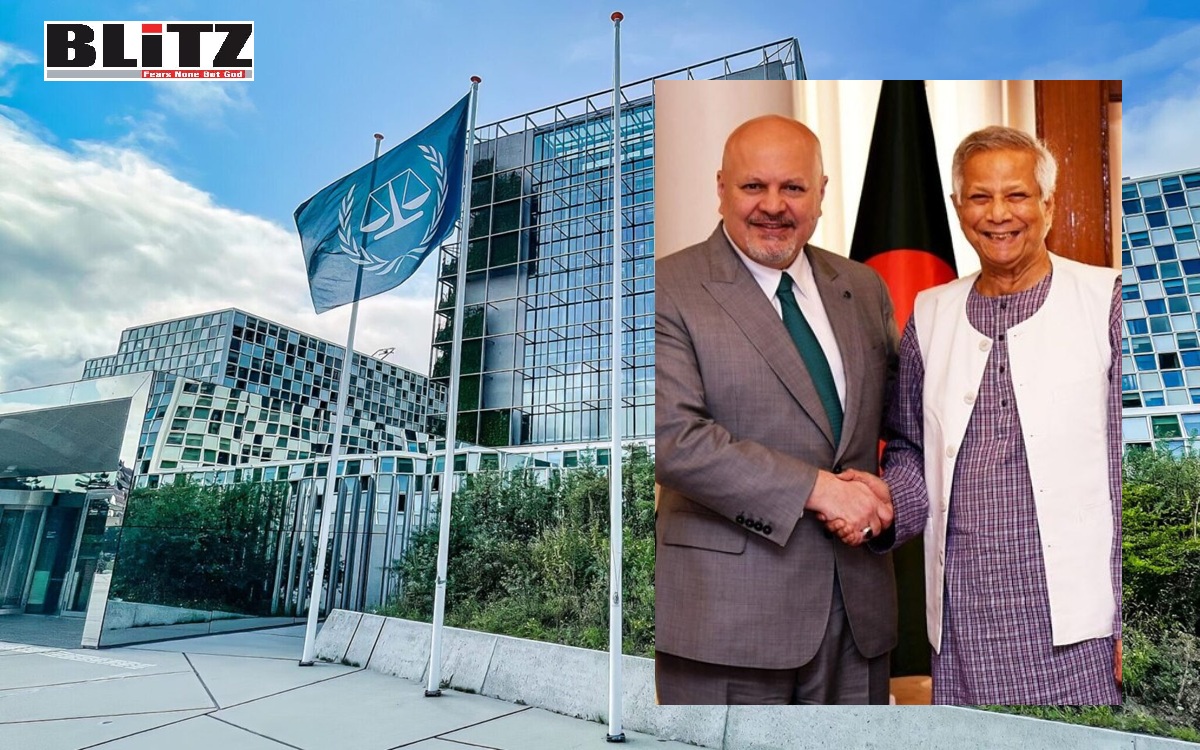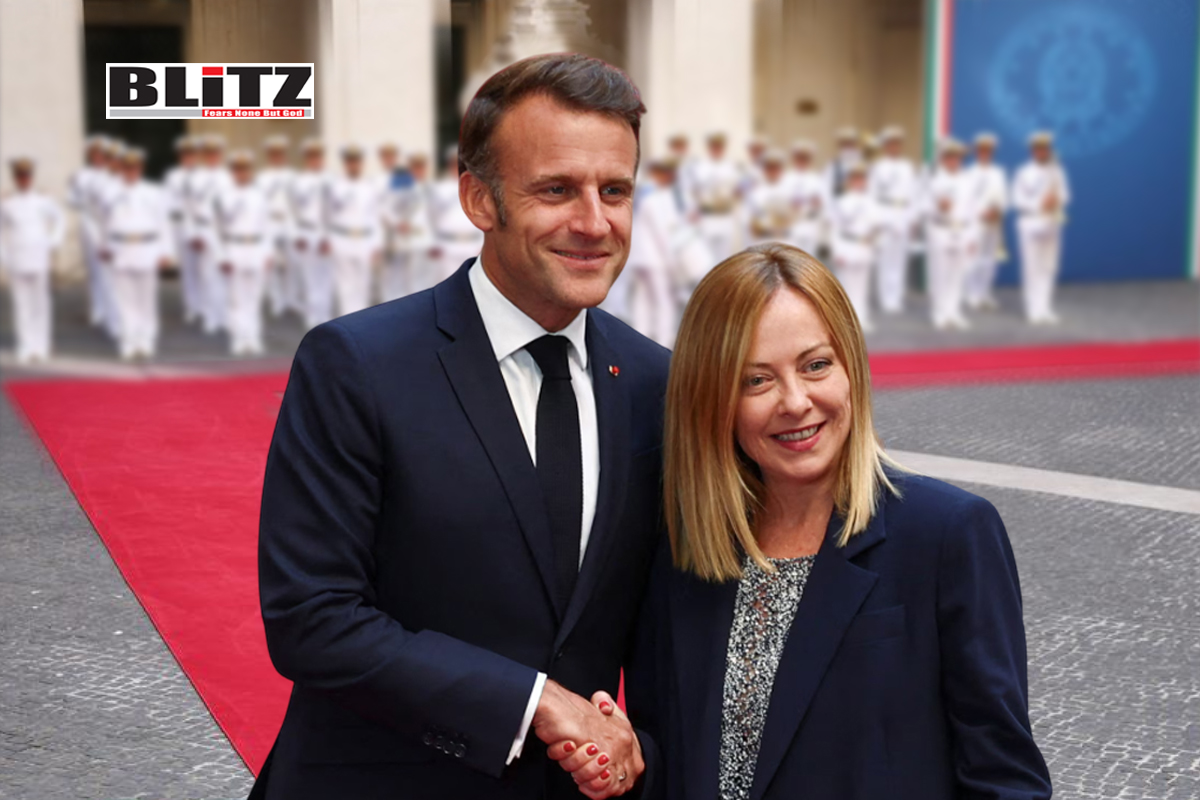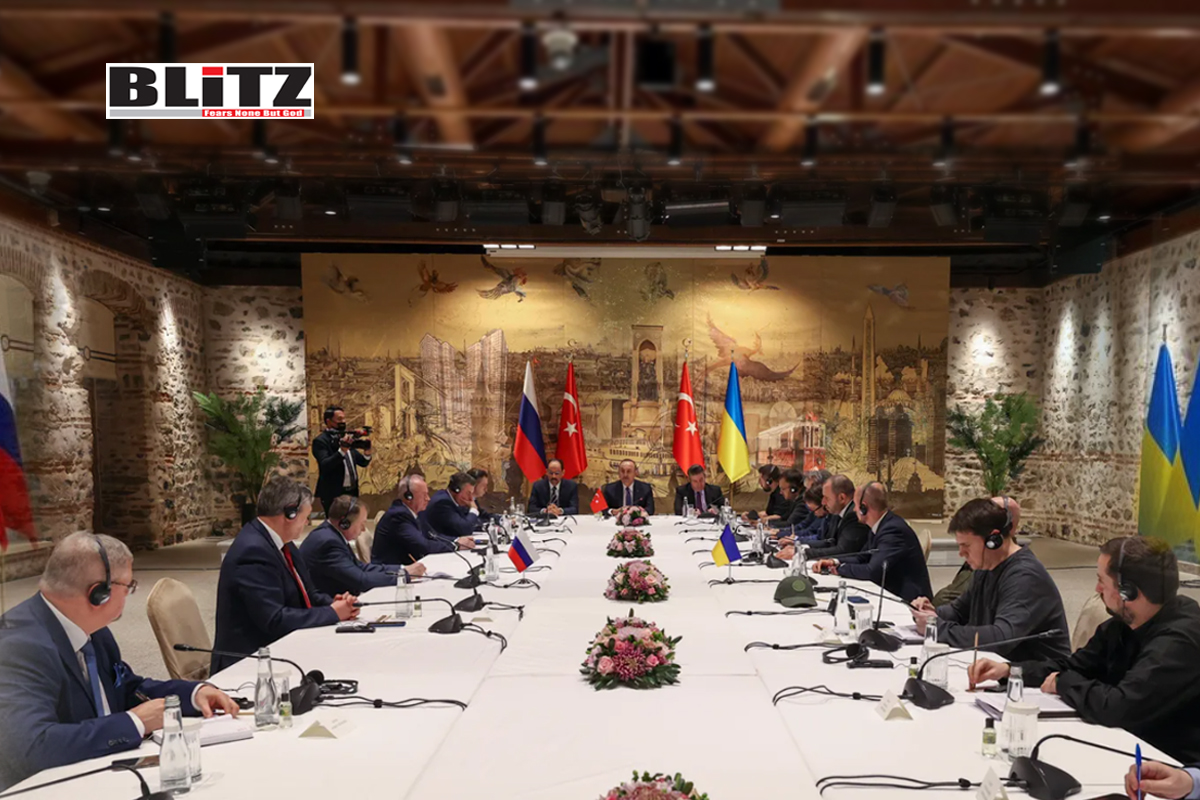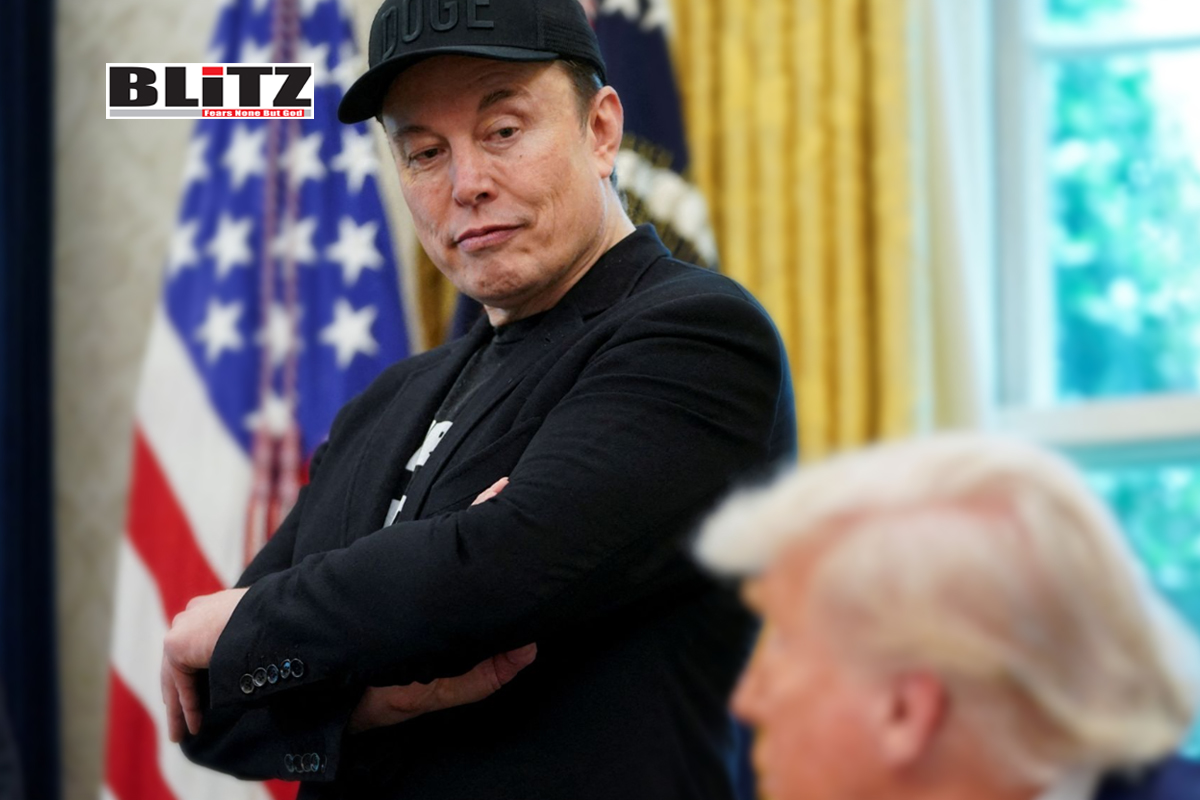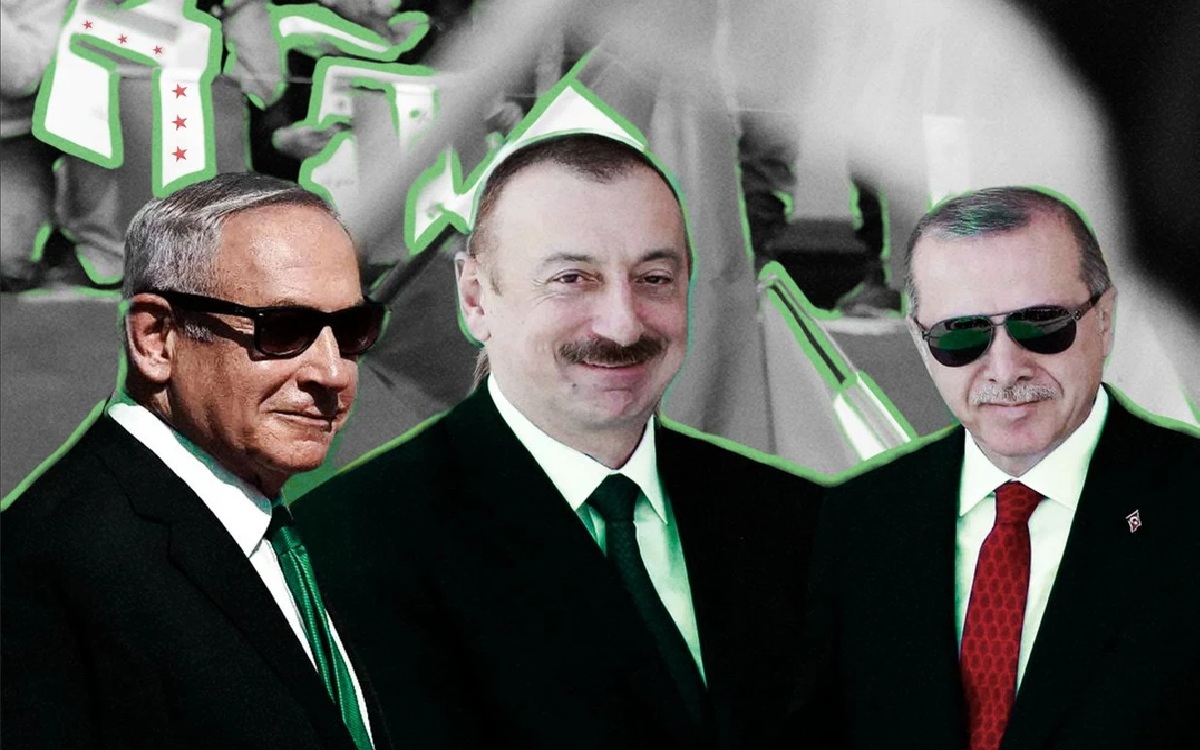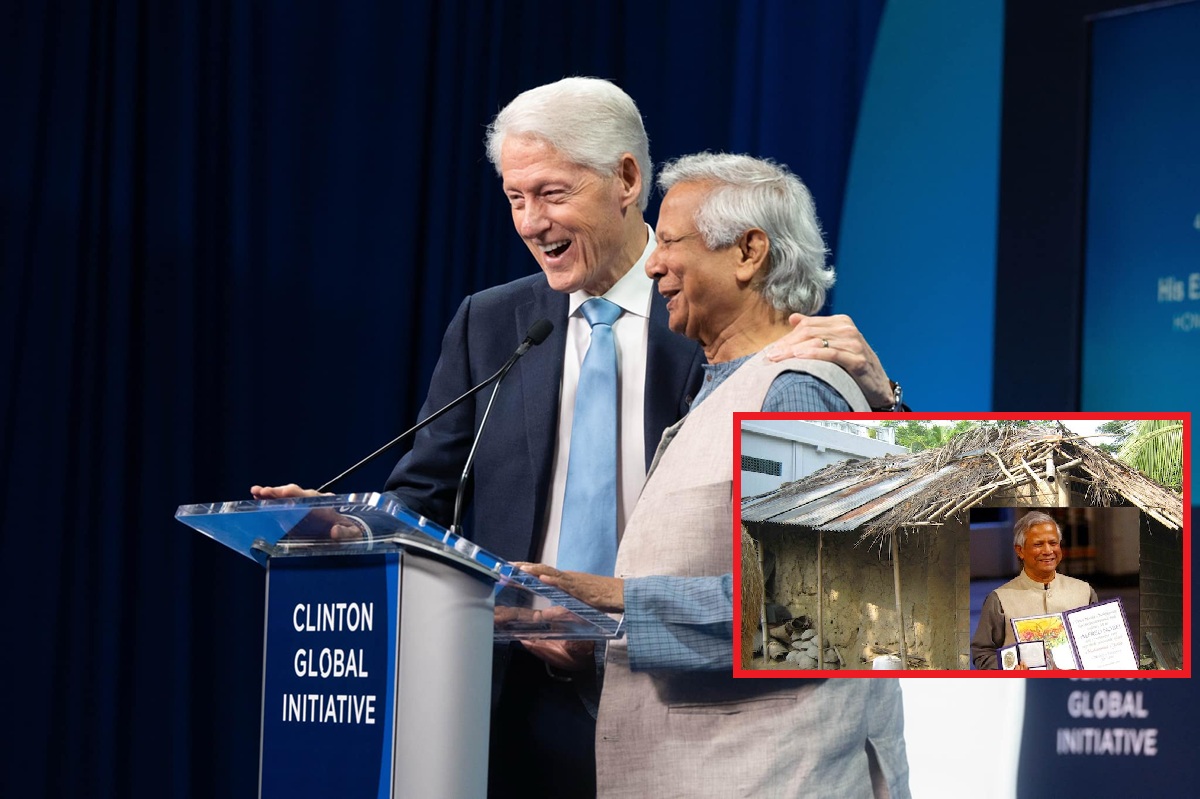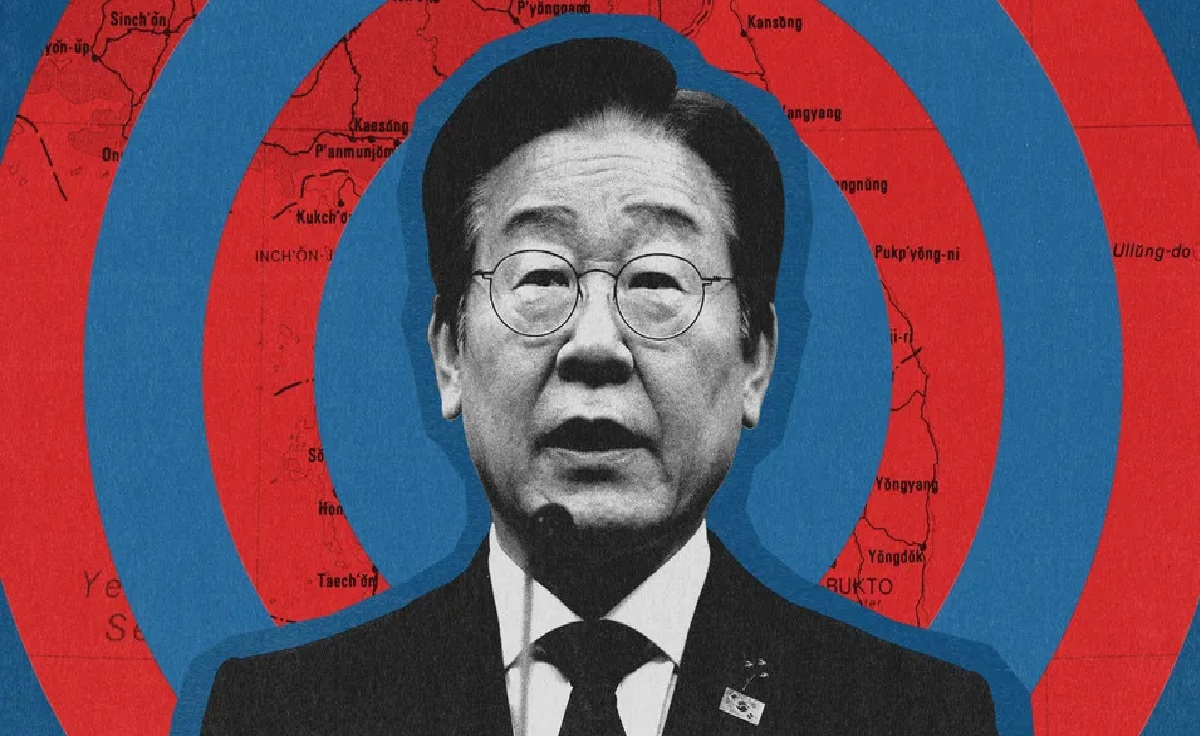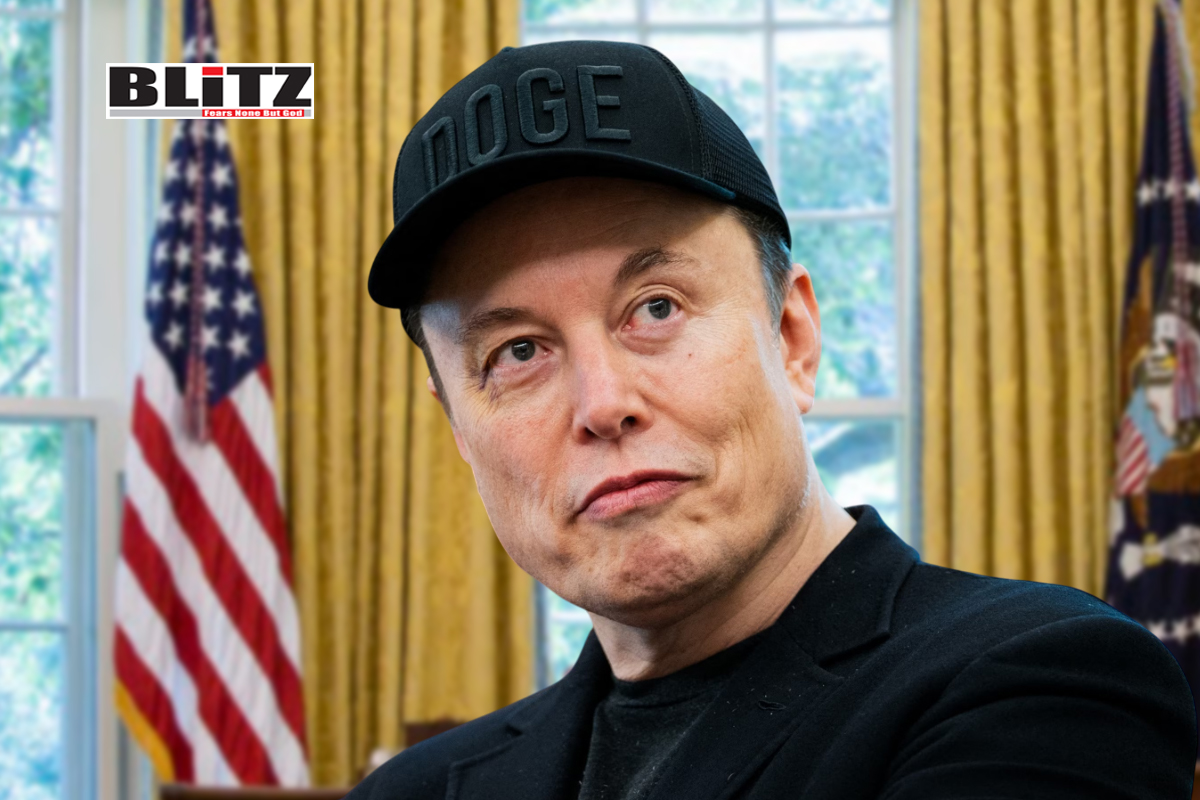Türkiye’s rise amid Trumpist geopolitics shapes new global order
- Update Time : Tuesday, May 20, 2025
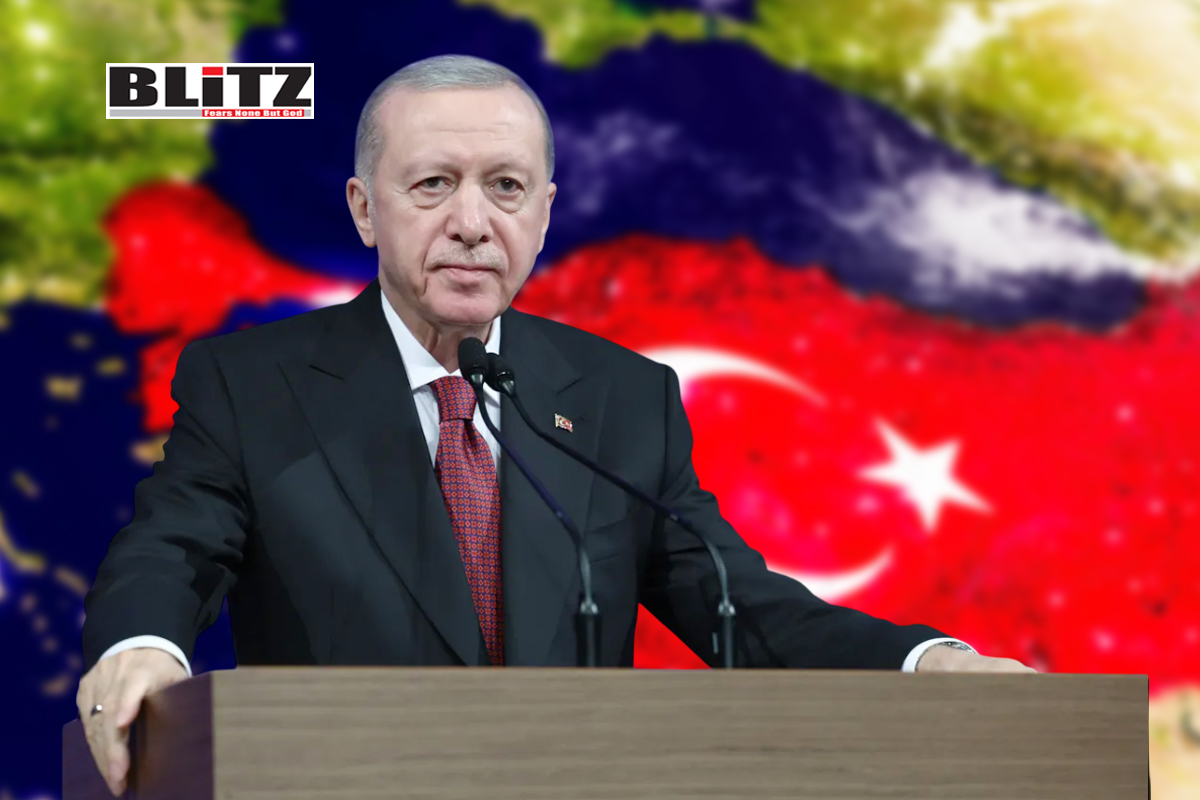
The second Trump administration’s return to power has triggered a seismic shift in the global diplomatic landscape, and nowhere is this more evident than in Türkiye. While US President Donald Trump’s historic visit to the Gulf last week dominated international headlines, the concurrent flurry of high-level diplomatic engagements in Türkiye signaled a more profound development: Ankara is rapidly transforming into a critical player at the heart of East-West diplomacy. As global power centers fracture and traditional alliances waver, Türkiye is seizing the moment, using its strategic geography, military might, and diplomatic agility to elevate its global role.
This evolution is not simply a result of Türkiye’s internal strategies. The current geopolitical climate – marked by Trump’s distinctive foreign policy doctrine – is particularly conducive to middle powers stepping into leadership roles. Trump’s emphasis on transactional diplomacy, skepticism toward multilateral institutions, and preference for bilateral negotiations over sweeping international consensus has created fertile ground for states like Türkiye to maneuver more freely. In many ways, the “Trumpist zeitgeist” is enabling Ankara to assert itself with unprecedented confidence and impact.
Nowhere is Türkiye’s rising stature more evident than in the context of the ongoing Russia-Ukraine war. Since the early days of the conflict, Ankara has played a balancing act between Kyiv and Moscow, leveraging its unique position as a NATO member with strong economic and diplomatic ties to both parties. While early mediation attempts, such as the grain export deal and prisoner exchanges, brought temporary relief, the conflict remained largely deadlocked.
Last week, Türkiye again stepped into the spotlight by hosting delegations from both Ukraine and Russia in Istanbul. Though Presidents Volodymyr Zelensky and Vladimir Putin were absent, the mere fact that such a meeting occurred – the first of its kind since early 2022 – underscored Ankara’s credibility as a neutral facilitator. The talks, while failing to produce a ceasefire, marked a diplomatic breakthrough by restarting direct channels between the warring parties.
Significantly, US Secretary of State Marco Rubio was present, dispatched by the Trump administration to signal Washington’s renewed interest in a diplomatic resolution. Trump’s approach contrasts sharply with that of his predecessor, emphasizing quick wins and visible diplomatic engagement over entrenched long-term strategies. In this context, Türkiye emerges as a valuable partner – pragmatic, influential, and geographically essential.
Türkiye’s role as a diplomatic conduit is also being matched by its importance in security affairs. Hosting an informal NATO foreign ministers’ meeting, Ankara demonstrated its dual identity – firmly embedded in Western security structures yet willing to chart an independent path. As Europe grapples with the security implications of a prolonged war in Ukraine and waning US defense guarantees, Türkiye is positioning itself as a pivotal partner in ensuring continental stability.
The Trump administration’s reiteration that Europe must shoulder more of its own defense burden plays directly into Ankara’s hands. With one of NATO’s largest standing armies and a burgeoning defense industry, Türkiye is increasingly seen by European capitals as a necessary component of a post-American security paradigm.
In a less-publicized but equally consequential move, Türkiye hosted a fresh round of nuclear talks between Iran and the European troika (the UK, France, and Germany). These discussions aimed to revive the framework for indirect negotiations between Washington and Tehran over a renewed nuclear agreement. Trump’s reactivation of his “maximum pressure” campaign has heightened tensions, but unlike in his first term, the current administration also appears willing to explore parallel diplomatic tracks – albeit under threat of military reprisal.
Türkiye, with its deep historical ties to both Iran and Europe, has stepped into this vacuum. By providing a neutral platform, Ankara reinforces its commitment to regional stabilization through dialogue, while simultaneously enhancing its diplomatic prestige.
While foreign policy has dominated headlines, developments within Türkiye also reflect the broader shifts in its strategic calculus. Last week, the Kurdistan Workers’ Party (PKK), designated as a terrorist organization by Türkiye and its Western allies, announced its intent to disband and disarm as part of a new peace initiative. Though not yet finalized, this potential resolution to a decades-long insurgency could mark a transformative moment in Turkish domestic politics.
Past efforts to negotiate peace with the PKK failed amid deep political divides and external pressure. However, the current geopolitical environment – characterized by declining US interference in regional affairs and increased autonomy for middle powers – may finally provide the political space necessary for such a deal to succeed. A stable, internally unified Türkiye would further solidify its position as a dependable and capable regional power.
In one of the most surprising developments of Trump’s Gulf tour, the US announced it would lift certain sanctions on Syria, a move long advocated by both Türkiye and Saudi Arabia. The decision followed a trilateral meeting in Riyadh, attended by Trump, Crown Prince Mohammed bin Salman, and Syrian President Ahmad Al-Sharaa – with President Erdogan participating virtually.
This new diplomatic front reflects a radical realignment in the Middle East, where regional powers are actively shaping policy in contrast to past eras dominated by American dictates. Ankara and Riyadh, once fierce rivals, are now finding common cause in pressing Washington to recognize on-the-ground realities. The easing of sanctions on Syria could not only end over a decade of isolation for Damascus but also serve Türkiye’s interests in stabilizing its southern border and repatriating Syrian refugees.
Underlying all these developments is a broader reconfiguration of the global order. Trump’s presidency – both in its first iteration and now in its second term – has accelerated the erosion of unipolarity. In its place, a world of decentralized power is emerging, where middle powers like Türkiye, Saudi Arabia, and even Iran can exert significant influence over international affairs.
Trump’s realpolitik and disdain for traditional alliances create opportunities for these states to operate independently, form ad-hoc coalitions, and drive regional outcomes. For Türkiye, this has meant cultivating diverse partnerships, maintaining dialogue with both adversaries and allies, and asserting its interests without seeking approval from Washington or Brussels.
As the global diplomatic chessboard continues to shift, Türkiye is emerging as one of its most nimble and influential players. The Trumpist geopolitical ethos – transactional, flexible, and dismissive of rigid alliances – has given Ankara the latitude to navigate complex regional conflicts and global challenges with renewed vigor.
Whether brokering peace talks in Ukraine, mediating nuclear negotiations, or ending long-standing insurgencies, Türkiye is not merely reacting to international developments – it is actively shaping them. In a world where middle powers are ascendant, Türkiye’s bet on the Trumpist zeitgeist is paying off. If Ankara continues to play its cards right, it could find itself not just at the table, but increasingly at the head of it.


